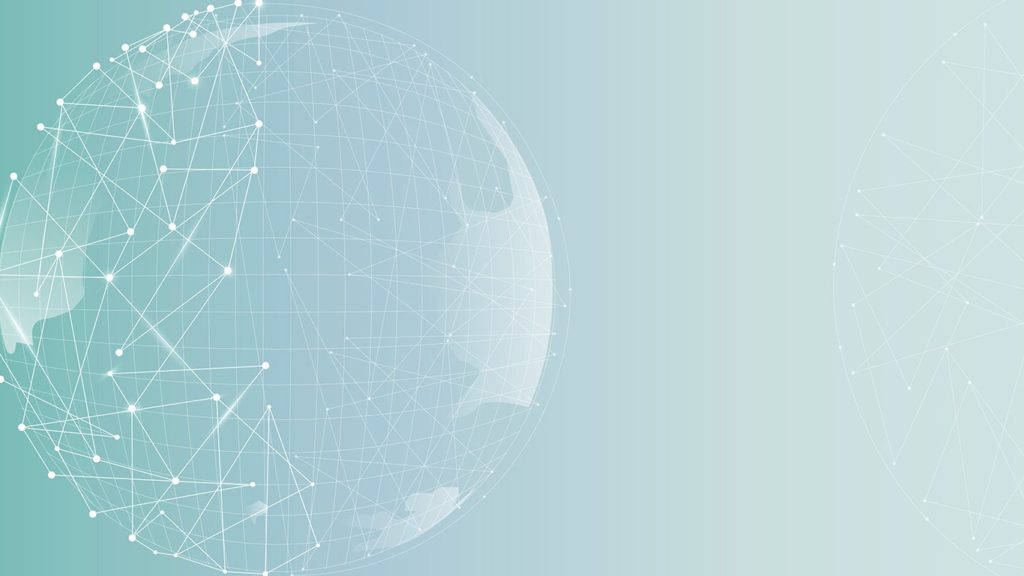
Imagine a few thousand humans on Earth surrounded by many robots. I don’t think every human is going to survive such a selection. That is what Artificial Intelligence is up to. In the 21st century, civilization is facing many challenges related to the welfare of Mankind. Scientists and engineers are busy solving those problems by applying the newly discovered technology every day. The purpose is to either protect from enemies or make life easier and better for humans. But don’t you think we are exploiting these technologies and using them against our survival? Like
- Opium, which is processed chemically to produce heroin and other synthetic opioids for medical use, is also used for the illegal drug trade. Initially, its production was for health purposes, but drug abuse and addiction are the major sources of expenditure of millions as the government is spending a lot on rehabilitation centers worldwide.
- The discovery of atomic energy was for power generation to propel industries and houses. Today it has become an arm for mass destruction, making us stand at the brim of extinction if nuclear war breaks out.
The above two examples cannot overrule that technology has made our lives easier and boosted our business. Computers and the internet have improved our efficiency and keep changing our lives day by day, almost taking over our lives. There are none of the sectors left where technology has not played its part.
Quick Answer to How Technology Took Over the World?
Technology started as a helper for our daily tasks, but it quickly grew into much more. It changed the way we talk to each other, work, and play, becoming a part of everything we do. Now, it’s hard to imagine a day without it; technology is just everywhere.
Sectors Technology Has Taken Over
Here we will discuss a few sectors where technology has taken over.
Health Sector
Today, technology has succeeded in reducing the infant mortality rate, which was too high a generation before. Life-threatening medicines and operations from any part of the world are possible now. Fighting with old age health problems has become easy with these powerful means.
Power and energy sector
Seeing the depletion of natural resources, another means to generate power came into existence. Solar and wind energy, which are renewable and abundant sources of energy, were hunted to keep the availability of resources going. Technology has also helped in adding nuclear reactors to the list of sources of energy.
Media Sector
Individual and business communication has changed totally with the advent of e-mails and social media platforms. The name of this era is the ‘Information Technology Age’, where information travels worldwide with ease and convenience. Technology has increased the efficiency of business operations to a phenomenal level. Connecting to loved ones on the other side of the globe is like talking to the neighbor next door.
Financial Sector
Transferring money or completing any financial transaction sitting anywhere on the planet takes just a few seconds. Technology has given us the fastest, most secure, and most efficient means to complete business deals locally or globally. The boundaries of the national currency will soon diminish with the entrance of global currency — cryptocurrency, in the market worldwide. This is the next milestone of technology.
Manufacturing sector
Compared to the last ten years, the use of robots in the manufacturing industry has increased the output by up to twenty percent. It is one of the biggest transformations technology has made. This has improved efficiency and also provided consistency. Besides robots, tech-based machines have also reduced manual labor, making the task easier. The local market can cope with the global market because of this revolution of technology.
Oil and Gas sector
To save the climate from pollution, groundbreaking technologies for oil exploration have improved the efficiency of the industry. Apps have been created to digitize field operations, making exploration faster. In some places, this industry controls the economy of the country, so that means technology has also overtaken the economy.
Education Sector
Technology has made it possible for students to learn virtually irrespective of the location. The distance learning programs have made international universities accessible. To cope with the emerging trends, education has an extra responsibility of emphasizing more on science and technology, thereby ensuring the re-skill and up-skill of the people working in the industries.
Transportation Sector
Technology certainly has made travel easier with all the transportation solutions we have at our disposal. If we simply go back 50 years, transportation wasn’t as easily available, accessible, or even safer. But today, we have even commercialized flights to space and to the depths of the ocean.
And it’s not only transportation mediums but also everything that surrounds them, from online booking to digital payments, everything together has made it possible for anyone to go on a vacation at a moment’s notice.
Agriculture Sector
Agriculture has also benefited from technologies such as automation, drones, sensors, IoT devices, GPS, etc. We are today in a position where we can properly plan for the future as far as crop yield is concerned. It has not only increased production but also enhanced the overall quality of the food we produce.
And we are not stopping; new technologies and techniques are invented and discovered almost on a daily basis to further improve agriculture.
Logistics and Supply chain management
We are coming up with newer ways and technologies to supplement our logistics needs and streamline supply chain management. And we recently had a breakthrough with the introduction of technologies like AI and blockchain that can make these tasks much more refined.
We are almost ready for a drone-based delivery system that will not only save time and money but also reduce the carbon footprint. Furthermore, we already have technologies like GPS tracking and navigation to help with deliveries.
Recruitment and Employment sector
Technology has also been a godsend for both recruiters and job seekers. In fact, websites and services, such as LinkedIn, provide a robust platform that can help recruiters match up with the most suitable candidate, and that too from all across the globe, if need be. And then there is AI that helps with compiling data and filtering out undesirable candidates.
While we still require human oversight during the process, it has made the jobs of recruiters much easier and allowed potential employees to look for newer and better opportunities.
Entertainment
Lastly, in our technology-driven world, we have the entertainment industry, which has also seen some major shifts, all due to technological advancement. Today, more and more people prefer to watch content either on their phones or on their TV at home rather than going out for a movie.
Streaming services are on the rise and changing the way we look at entertainment. Technology has even influenced how movies are made. The cameras have been updated, and we now have better CGI and special effects.
Technologies that changed the world forever

Technology has changed in the last few decades or so, and so has our world. And while we do acknowledge the debate that technology brings with it as many problems as it does the solutions, it won’t change the fact that it has impacted and changed our world. Below are some iconic technologies that changed the way we look at things forever:
- Smartphones: When Apple came out with the iPhone, no one knew it would create such a lasting impact. It revolutionized the way we looked at mobile phones and changed them from something that was solely capable of making real-time calls to something akin to a minicomputer. Today, most people own a smartphone, and we are more connected than ever, all due to that one invention.
- Internet: Enough has been said about the internet and its impact on our lives. We live in a digital age, and most of us spend a hefty amount of our lives online. But did you know that when it was first introduced, it was only meant to be a network for universities, defense contractors, and government agencies to share resources? Today, you can find almost anything online, all thanks to the internet.
- Antibiotics: When Louis Pasteur and Robert Koch first discovered antibiotics back in 1877, they didn’t know how they would change the healthcare industry for centuries to come. But then came Alexander Fleming, who successfully identified Penicillin, which resulted in saving the lives of millions.
- Television: Enough has been said about televisions over the years. Many have found it a boon, while others think it is just an idiot box. However, one can’t discount the merit it has brought to our world. It not only changed the way we got information but was also instrumental in creating an entire industry based around it. Even today, when many prefer watching online content, television is as popular as it ever was.
- Airplanes: When talking about technologies that changed our world, we certainly can’t leave out airplanes. Humankind has always fantasized about flying. Even today, many popular comics and movies feature a person flying as the go-to fantasy setting. And when the Wright brothers finally took to the skies successfully, it allowed the entire mankind to believe in dreams.
Summary
The seventeen Sustainable Development Goals of the United Nations summarize the world problems at a glance. Digital technology needs to overtake issues like ending extreme poverty, reducing infant and maternal mortality, creating a literate universe, and promoting sustainable farming to make an equitable and peaceful world. Simultaneously, it needs to take care of the equality, security, and privacy of every individual.
However, the arms of technology have not embraced those not connected. They remain deprived of the benefits of this technological era. These people include women, people with disabilities, senior citizens, different minorities, and residents of backward areas. The speed of connectivity is descending or even reverting in some regions.
There is a scope for improvement in these areas. The management of technological development, nationally and internationally, at the time of geopolitical tensions is a subject of much discussion. Universal cyberspace reflecting global standards for security and peace is the need of the hour for a united world in terms of technology.